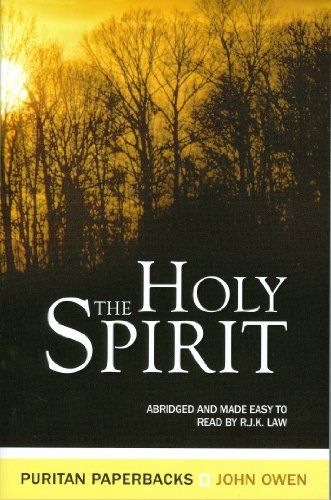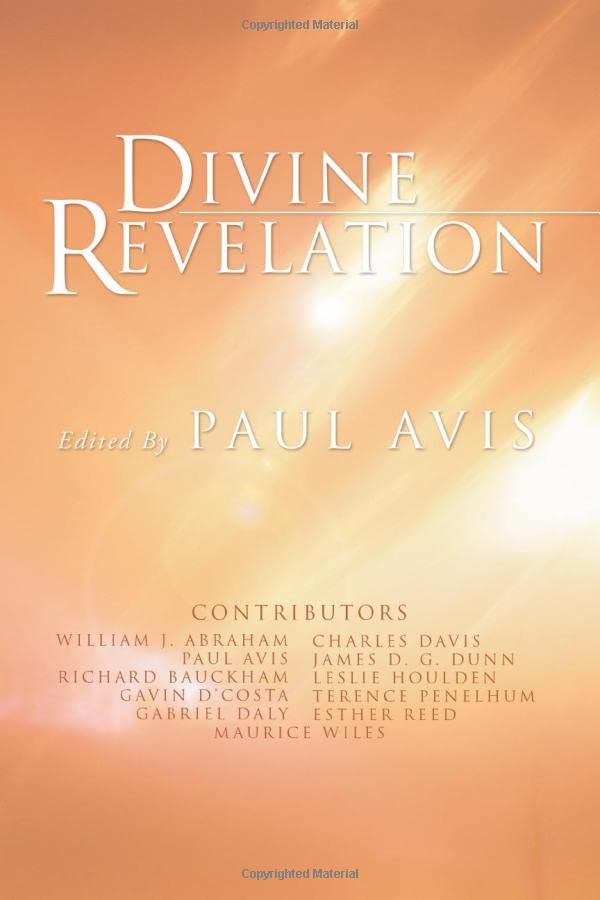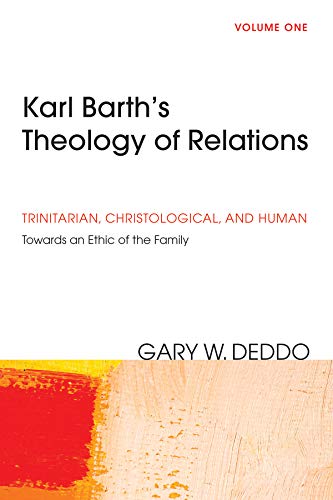Good News About Injustice: A Witness of Courage in a Hurting World
Written by Gary A. Haugen Reviewed By Dewi HughesThis is a volume that witnesses to the rediscovery of two biblical truths in our generation—that God is concerned about injustice and the priesthood of all believers. For too long evangelicals lived as if God is unconcerned about the terrible things that human beings do to each other or have been paralysed by a feeling of impotence. This is a volume that helps us on both counts; it stirs our conscience and shows us what can be done.
The book is divided into three parts. The first part, ‘Taking Up the Challenge’ focuses on injustice and some examples of Christians who have worked for justice in God’s name. In the first chapter the author writes about his shattering experiences in Rwanda, not long after the genocide of 1994, where he was directing the UN’s investigation, gathering evidence for the International Criminal Tribunal for Rwanda—a good place to begin writing about injustice and the greatest challenge to any possibility of good news. Chapter 2 deals with the need to cultivate an awareness of injustice in the world and of God’s concern for justice. Chapter 3 tells the courageous story of the struggle for justice of three North American Christians.
The second part, ‘Hope amid Despair’ provides, in four chapters, a theological foundation for Christian action on behalf of those suffering injustice. Each chapter deals with a truth about God—that he loves justice and hates injustice (ch. 4); that he has compassion on those who suffer injustice (ch. 5); that he judges and condemns those who perpetrate injustice (ch. 6), and that he seeks active rescue for the victims of injustice (ch. 7).
In the third part we have some practical instruction as to how to go about rescuing the oppressed. Before launching into practicalities, Haugen deals with those difficult questions that come into our minds when we face injustice. Then there are four chapters dealing with the ‘Anatomy of injustice’, ‘Investigating the Deceptions’. ‘Intervening for the Victims’ and ‘The Body of Christ in Action: What We All Can Do’.
This is a very readable book that is strongly rooted in the Bible and the author’s experience of combating injustice. For those who are already convinced that God is concerned about injustice but who often feel paralysed when faced with it, the practical section of this volume is a great boon. Here can be found an excellent analysis of the character of injustice and the practical steps which can be taken to combat it. This is where the good news comes to the fore—and the very good news of the last chapter is that it is not just experts that can do something. We can all be involved.
The volume comes with a strong recommendation from John Stott who provided a ‘Foreword’. I agree with his assessment: ‘I defy anybody to emerge from exposure to this book unscathed. In fact, my advice to would be readers is “Don’t! Leave the book alone!”—unless you are willing to be shocked, challenged, persuaded and transformed.’
Dewi Hughes
Theological Advisor, Tearfund







